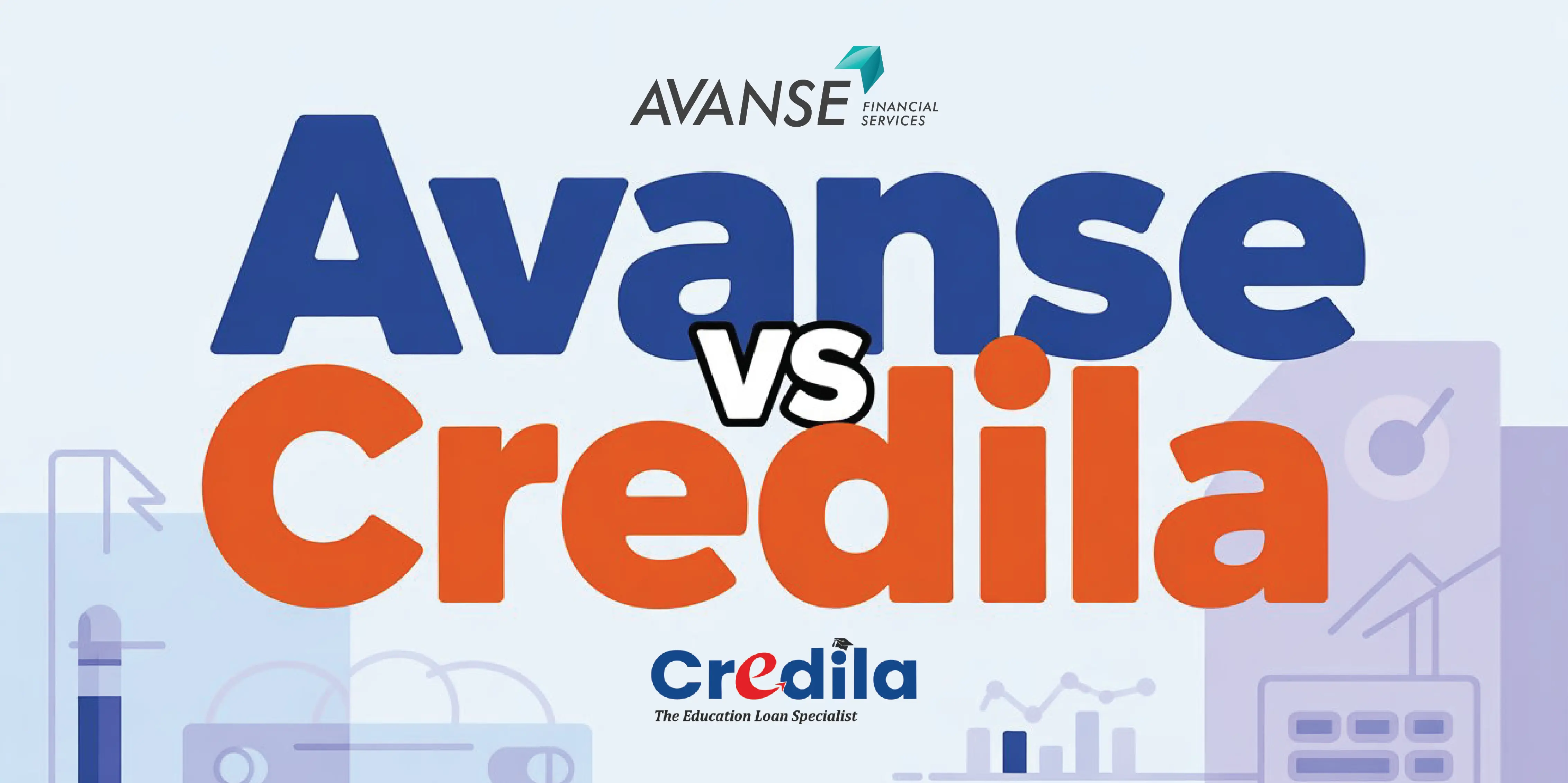https://www.wemakescholars.com/blog/factors-affecting-education-loan-eligibility
Key Factors Banks Check for an Education Loan Sanction
Abroad Education Loan | Updated on ()

Understanding student loan eligibility is essential to getting your education loan sanctioned. Lenders thoroughly evaluate the eligibility criteria of the students and the co-applicants before sanctioning their education loans. They assess the credit scores of both the student and the co-applicants to check their eligibility.
Several factors influence the education loan sanction process of the banks. This article will cover the key factors banks check before sanctioning an education loan.
What is Education Loan Sanction?
An education loan sanction means the lender has officially approved your education loan application. It refers to the process of the lender agreeing to provide the loan amount to the student for their education. Lenders thoroughly assess the education loan eligibility of the students before sanctioning their student loans and providing an education loan sanction letter.
An education loan sanction is crucial for funding the education of many students. However, students often struggle to get their loans sanctioned without the right guidance.
WeMakeScholars can help you in such situations. Our team is dedicated to helping students receive education loan approvals on time. We provide complete education loan assistance to students applying through us. Request a callback today, and one of our experienced financial officers will contact you at your earliest.
Common Factors Affecting Education Loan Sanction
The sanctioning of education loans varies from bank to bank. Lenders thoroughly assess your student loan eligibility and documents before sanctioning your education loan.
Sanctioning of education loans also affects your loan terms, such as the loan amount, interest rates, and repayment terms. The following are the common student loan sanctioning criteria that lenders check for an education loan sanction:
-
Citizenship: To be eligible for an education loan in India, both the student and their co-applicants should be Indian citizens.
-
Co-applicant: A co-applicant is typically mandatory education loans. It is one of the crucial education loan eligibility criteria in India. A co-applicant in an education loan is an individual, usually a parent or the guardian of the student, who cosigns the loan agreement along with the student.
They are responsible for repaying the education loan if the student, for any reason, doesn’t repay the loan. Your co-applicant should meet the income and CIBIL score requirements of the lender, especially for an unsecured education loan.
Banks Co-applicant Acceptability for Education Loans Government banks Parents or legal guardians, parents-in-law, siblings, parents' siblings, spouse, and first cousins. Private banks Parents or legal guardians, parents-in-law, siblings, spouse, and parents' siblings. NBFCs Parents or legal guardians, parents-in-law, siblings (preferably a brother over a sister), spouse, brother-in-law, parents' siblings, and first cousins. The co-applicant eligibility for an education loan varies by bank. However, the following table helps you understand the co-applicant acceptability of different lenders for an education loan:
-
Age of the Applicants: The age criteria for an education loan vary by lender. Students aged between 16 to 35 are generally eligible for an education loan. And, private lenders typically don’t accept co-applicants aged more than 60 years or nearing their retirement age.
-
Admission Status: To meet the education loan eligibility, you should have secured admission at a well-recognized university in India or abroad.
-
Academic History: Lenders often assess the academic history of students for an education loan sanction. Students are expected to have a good academic history with at least a 50% score in their previous academic records.
-
Collateral Eligibility: Collateral refers to the property pledged as security for the loan amount to obtain a secured student loan. To get a secured education loan, you should provide a property that matches the loan amount and is accepted as collateral by the banks.
Banks accept two types of properties as collateral for a secured education loan, i.e., immovable properties and liquid securities.
-
University Recognition: The university that you are going to plays a major role in your student loan eligibility. Lenders prioritize providing education loans to students going to reputable universities with a high employability rate.
Every lender has a list of recognized universities according to which they sanction student loans. The university that the student is going to should come under the recognized list of universities of the lender.
-
Course/ Field of Study: Lenders also consider the field of study you are going to pursue. UG and PG courses in STEM (Science, Technology, Engineering, and Mathematics) disciplines and Master’s are preferred as they have a high employability rate.
-
Documentation: This is a crucial factor affecting the education loan sanction. Lenders evaluate the documents you have provided before sanctioning your education loan.
The documents required for an education loan vary depending on several factors, including the lender, collateral involvement, the student's profile, and the co-applicant's profile.
Financial Checks Banks Perform Before Approving an Education Loan
Banks thoroughly assess the financial factors of the students and co-applicants to check their student loan eligibility. The following are the financial factors that can affect your education loan sanction:
-
Co-applicant’s Income: Banks evaluate the income and CIBIL score of your co-applicant to check the education loan eligibility. The income of your co-applicant plays a major role in your education loan sanction, especially for unsecured loans.
-
CIBIL Score:
As we have discussed before, lenders evaluate the credit scores of both the student and the co-applicant for the education loan process. It helps lenders understand the risk of lending student loans.Private lenders are very strict about their CIBIL score education loan eligibility, as they primarily offer unsecured education loans, which do not have the safety net of collateral.
-
FOIR Norms:
Banks follow the Fixed Obligation to Income Ratio (FOIR) norms while providing education loans. Banks can even reject the student loan application if your co-applicant does not meet the FOIR norms, which means that your co-applicant's obligations, i.e., the EMIS, are higher than how much they can afford.
Obtaining a study abroad education loan on your own can be quite difficult, with various factors affecting the student loan eligibility. WeMakeScholars can help you avoid these challenges. Our financial officers have the experience to solve your issues and help you get the most suitable education loan according to your profile. Request a call back from us so that our team can help you get your education loan sanctioned.
Conclusion
Lenders consider several factors for sanctioning your education loan. Learning about education loan sanction and the factors affecting it is essential while applying for one. Banks assess the education loan eligibility criteria of the applicants before sanctioning their student loans. Students applying for an education loan should understand the factors affecting the eligibility criteria of education loans in India.
In this article, we have discussed what an education loan sanction means. This article also covers the common factors banks check for sanctioning a student loan to help you get your education loan sanctioned.





Kindly login to comment and ask your questions about Scholarships & Education Loans